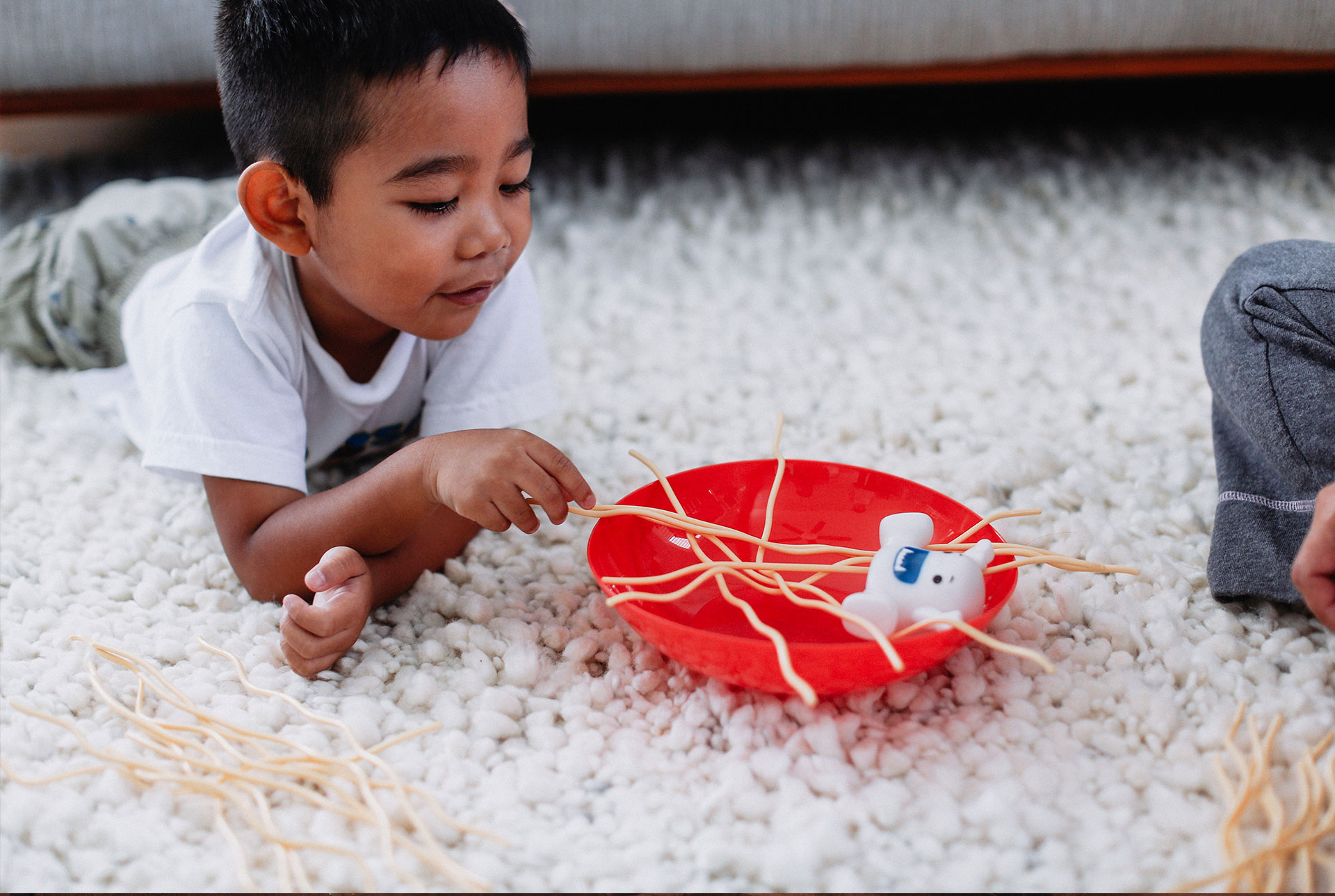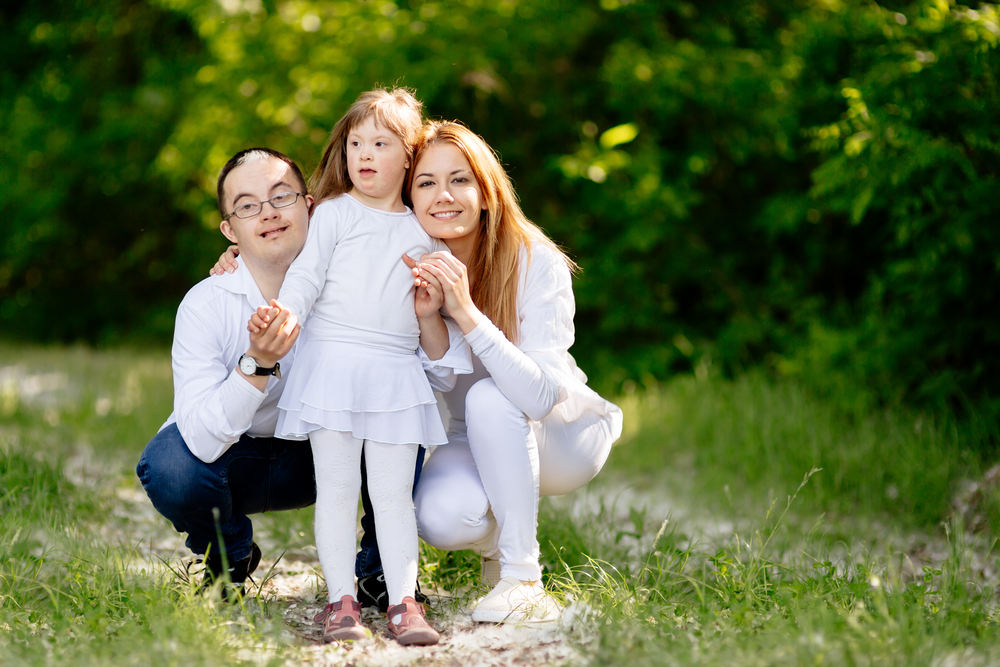
Genes are the instructions for life as we know it. Genes affect your development before you're even born and play a role in everything from your health to your appearance and personality. Understanding your genes is part of understanding yourself, and you can use information about genetics to make decisions in your daily life.

Genes are the instructions for building all parts of your body and making sure it functions to keep you alive. All of your body’s processes – from carrying oxygen around your body, to digesting food, to fighting infections – are affected by your genes.

You get all your genes from your biological parents.
Your body is made up of trillions of tiny cells. Almost every cell in your body has a nucleus, a sort of cell headquarters that contains your genes. Genes are grouped into packages called chromosomes. Most humans have 23 pairs of chromosomes.
For each pair of chromosomes, you get one chromosome from your biological mother and one from your biological father. When the egg and sperm cells come together, they create the full set of 46 chromosomes or 23 pairs.
So why aren’t your genes exactly the same as your siblings? Like you, your biological parents each have two copies of their chromosomes, which they got from their parents. When sperm and eggs are created, pairs of chromosomes separate independently and sort themselves at random into two eggs cells in your mom or two sperm cells in your dad. You might get one chromosome in one pair from your mom, and your sister might get the other chromosome from that pair. So, your mix of genes is unique to you—even your full brothers or sisters have a slightly different mix.
This means that there are 8,388,608 possible variations of egg and sperm. It’s really a wonder we look like our biological parents at all!

Taking time to learn about genetics can help you understand your own health and make healthy choices. Genes that do not work correctly can cause problems. Most rare diseases are caused when a single gene works differently. Common diseases, on the other hand, are typically caused when multiple genes do not work correctly. In many common diseases, your environment, such as your lifestyle or habits, also play a big role in whether you get sick or not.
Family members share genes, habits, lifestyles, and surroundings.
Genetics helps explain what makes you unique, why family members look alike, and why some diseases run in families.
Many conditions are caused by one or more genes that do not work correctly in the body.
